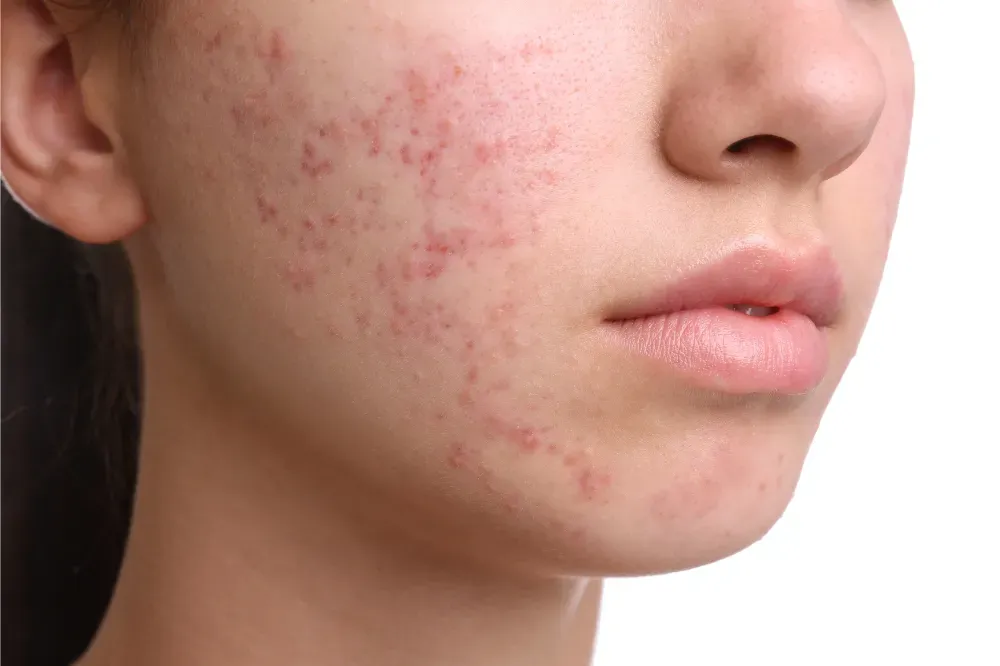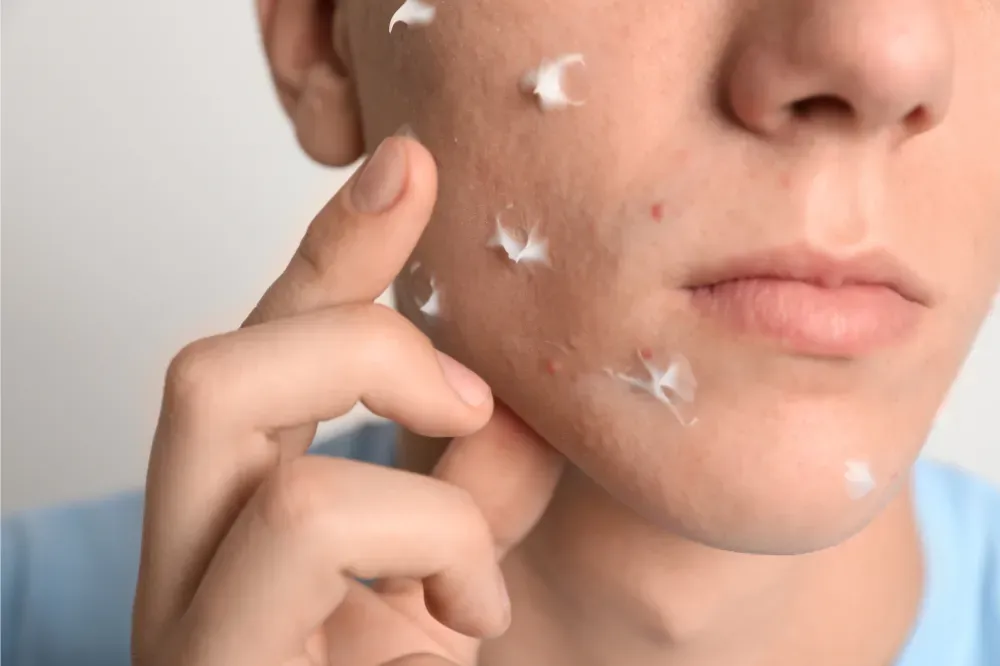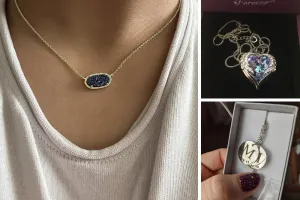Key Takeaways:
- Cica, derived from Centella Asiatica, has been shown to aid in the healing process and may help reduce the appearance of acne scars.
- Incorporating cica into your daily skincare routine can provide benefits such as soothing inflammation and promoting collagen production.
- While cica can be effective for some, consulting with healthcare professionals is recommended for personalized scar management.
Acne scars are a common concern for many individuals, leaving them searching for effective treatments to restore their skin's texture and appearance. Among the myriad of skincare ingredients touted for treating acne scars, cica, or Centella Asiatica, has emerged as a popular ingredient in recent years. But can cica remove acne scars? Let's delve into the science behind cica and its role in scar management.
Understanding Acne Scarring
Acne scarring occurs when the skin's healing process is disrupted by inflammation from acne lesions. These scars can take various forms, such as hypertrophic scars, boxcar scars, and keloid scars, each presenting unique challenges in treatment. The key to treating acne scars lies in promoting the skin's natural healing mechanisms and preventing further skin damage.

The Healing Properties of Cica
Cica, also known as tiger grass, gotu kola, or Indian pennywort, is a plant-based extract with a storied history in traditional Chinese medicine. Its healing properties are attributed to active compounds like asiaticoside, madecassoside, and Asiatic acid, which are believed to stimulate collagen synthesis and promote cell turnover.
Cica and Collagen Production
Collagen is the protein responsible for maintaining the skin's structure and elasticity. Cica's ability to encourage new production of collagen is crucial in the process of diminishing the appearance of scars and improving the skin's texture. By supporting the skin's natural regenerative processes, cica can potentially help in reducing the visibility of stubborn acne scars.
Soothing Inflammation with Cica
Inflammation can exacerbate acne scarring, making anti-inflammatory properties essential in any scar treatment. Cica's natural anti-inflammatory properties help soothe inflammation, reduce redness, and calm irritated skin, creating an environment conducive to healing and reducing the appearance of scars.
Cica for Different Skin Types
One of the advantages of cica is its suitability for sensitive skin. Unlike some harsher treatments that can irritate or damage sensitive skin types, cica offers a gentle approach to treating acne scars. Its antioxidant properties also protect against free radical damage, further supporting the skin's healing process.
Incorporating Cica into Your Skincare Routine
To harness the benefits of cica for acne scars, incorporating cica skincare products into your daily routine is a great option. From serums to creams and sheet masks, cica is available in various formulations. A cica product like a spot corrector can be applied directly to scars, while a cica-infused moisturizer can provide overall skin benefits.

The Role of Cica in Treating Hyperpigmentation
Post-inflammatory hyperpigmentation is a common aftermath of acne breakouts, leaving behind brown marks on the skin. Cica's ability to combat hyperpigmentation and brighten dark spots can be instrumental in achieving an even skin tone and reducing the appearance of acne blemishes.
Cica and Other Skincare Ingredients
For best results, cica can be combined with other skincare ingredients known for treating acne scars. Ingredients like glycolic acid, lactic acid, and salicylic acid—alpha hydroxy acids and beta hydroxy acid—help remove dead skin cells and promote cell growth. Hyaluronic acid and vitamin C serum are also beneficial for their hydrating and brightening effects.
Cica and Sun Protection
Sun protection is a critical component of scar management. UV exposure can worsen the appearance of scars and hinder the healing process. Using cica products with added sun protection or applying a broad-spectrum sunscreen can prevent further skin damage and support the efficacy of cica in scar treatment.

When to Seek Professional Treatment
While cica can be an effective at-home treatment for acne scars, some cases may require professional intervention. Treatments like laser therapy and chemical peels, administered by healthcare professionals, can offer more dramatic results, especially for deep or resistant scars.
The Verdict on Cica and Acne Scars
Cica has shown promise in treating acne scars due to its healing, anti-inflammatory, and collagen-boosting properties. However, it's important to remember that results can vary based on individual skin types and the severity of scarring. Consulting with a dermatologist can help determine if cica is the right choice for your skin concerns.
Summary
Cica, with its rich history in traditional medicine and recent acclaim in the beauty industry, has become a powerhouse ingredient for those looking to treat acne scars. Its ability to soothe inflammation, promote collagen production, and combat hyperpigmentation makes it a versatile and gentle option for improving the appearance of acne scars. While cica can offer significant benefits, it's essential to approach scar treatment holistically, considering all aspects of skincare and, when necessary, seeking professional advice for optimal results.
FAQ Section
Q: How long does it take to see results from using cica on acne scars? A: The time it takes to see results from using cica on acne scars can vary. Some may notice improvements within a few weeks, while others may need to use cica consistently for several months to see a significant reduction in scarring.
Q: Can cica be used on active acne? A: Cica is known for its soothing and anti-inflammatory properties, making it suitable for use on active acne. It can help reduce redness and inflammation associated with pimples and may prevent the formation of new acne scars.
Q: Are there any side effects of using cica for acne scars? A: Cica is generally considered safe and suitable for sensitive skin. However, as with any skincare product, there is a potential for skin irritation or allergic reactions. It's recommended to perform a patch test before using a new cica product and consult with a dermatologist if you have concerns about skin sensitivity.
Q: Can Cica fade dark spots? A: Yes, Cica can fade dark spots by sloughing away dead skin cells and promoting new cell growth.
Q: Is it okay to use Cica every day? A: Absolutely, due to its gentle nature, Cica is safe for daily use on all skin types, including acne-prone skin.
Q: Does Cica clog pores? A: No, Cica does not clog pores. In fact, it helps enhance skin texture by keeping the pores clean and clear.
Q: Is Cica good for pimples? A: Indeed, Cica is beneficial for pimples owing to its natural anti-bacterial properties that help combat acne-causing bacteria.












